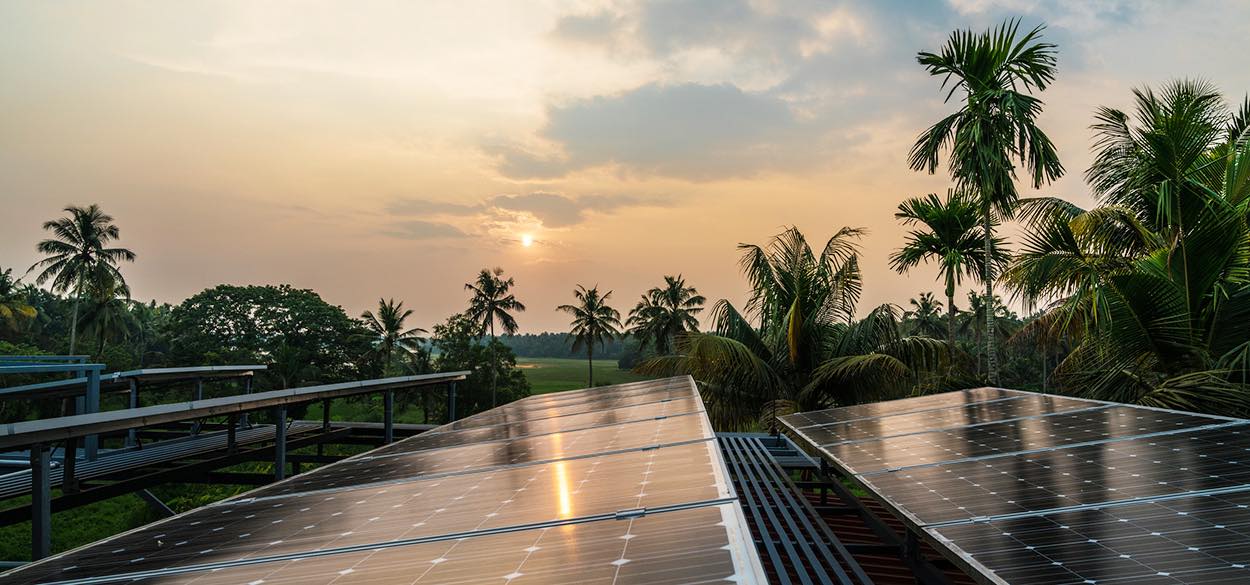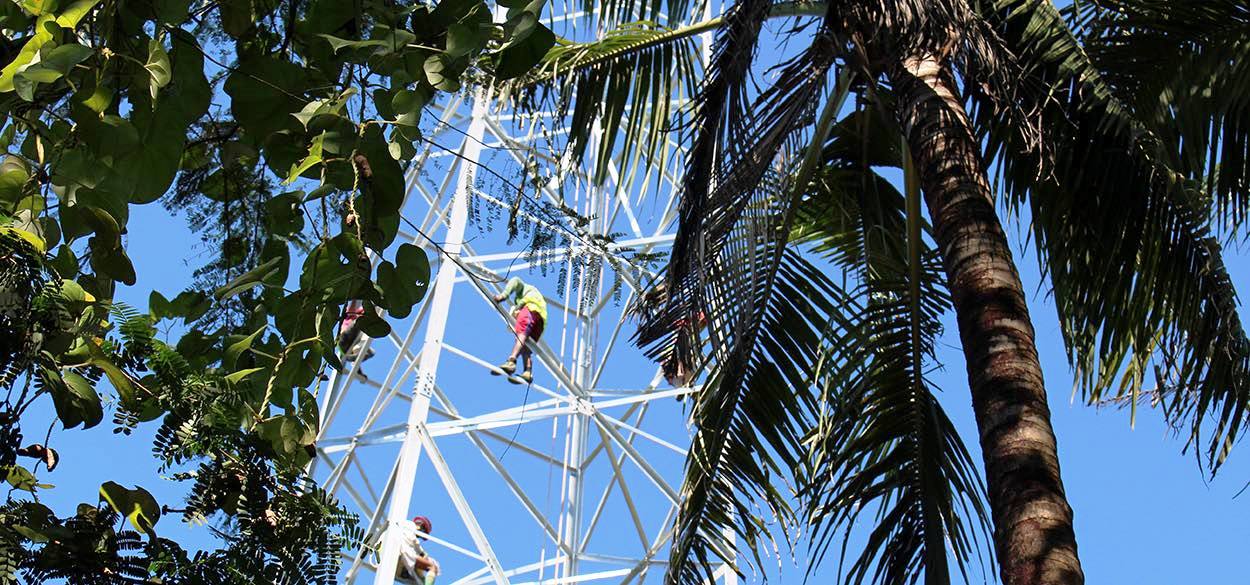October 11, 2020
Our modern societies rely on electricity and are accelerated by connectivity. Fueling Myanmar’s data evolution, shifting towards green and sustainable sources of energy is essential, writes Telenor Myanmar CEO Jon Omund Revhaug.
Myanmar is considered one of the countries’ most vulnerable to climate change. More intense and frequent floods, cyclones and draughts are causing loss of life, damage to infrastructure and the economy. According to the Global Climate Risk Index 2020, Myanmar has had the highest weather-related losses in the world in the past two decades. Accelerating a transition to clean and sustainable energy sources is important for Myanmar as it seeks a low-carbon pathway to inclusive growth.
The telecommunications sector helps cut carbon emissions by reducing the needs of transportation via videoconferencing and digital communication services, and by optimizing energy consumption through sensors and advanced Internet of Things (IoT) systems. Telenor Myanmar believes mobile operators have a responsibility to seek cleaner energy as we power the country’s data evolution. While the COVID-19 pandemic has caused a reduction in demand for all fossil fuels, renewables are experiencing an increase in demand. According to the IEA, global CO2 emissions are set for the largest year-to-year reduction on record. Without continuous and concerted efforts by governments and businesses, however, this effect may be temporary.
Mobile networks in Myanmar largely run on electric grid power and diesel generators. The sector’s energy consumption is associated with always-on mobile network equipment. When grid power experiences instability, diesel generators help ensure connectivity remains undisturbed. To balance efficient base energy access with robust back-up power capabilities, many of Telenor Myanmar’s base station sites are equipped with hybrid power systems keeping a diesel generator as a fallback solution if grid power becomes unstable. Together with our network partners, we are also equipping remote base stations with solar power panels and state-of-the-art battery packs to reduce emissions further.

As part of strong focus towards green energy solution, so far Telenor Myanmar has connected more than 1,100 sites to solar power and also continued its efforts to move from diesel generators to the grid wherever it’s available. On top of the 70% energy savings per site, these efforts have reduced fuel consumption over the last three years by more than 10 million liters. Despite more than 15% network expansion and around 5 times increase in data traffic, CO2 emissions have been reduced by around 5%. Operating in nine markets across the Nordics and Asia, Telenor Group has implemented renewable energy sources across markets. The Group aims to run a carbon-neutral operation in the Nordics by 2030 and has set an ambition to reduce emissions from its Asian operations by 50% by the same deadline.
Lasting and significant impact will rely on more companies and sectors taking the same responsibility, and I would like to take the opportunity of this 2020 World Energy Week to commend our partners and experts who work every day to make sure that Myanmar’s best data experience is produced and delivered in the most sustainable and responsible way.
The telecoms industry brings the world together. The sector has proven an essential foundation to uphold modern societies in the face of natural disasters and the ongoing pandemic. It is a common responsibility to ensure that the rebound in emissions is not larger than the decline we now see, and that we’re able to build back our energy systems – and our infrastructure – better. It’s about bringing more to the lives of our customers and societies we serve.
About Author
Jon Omund Revhaug, born 1967, is the CEO of Telenor Myanmar. Prior to his current role, he served as the founding CEO of Telenor Procurement Company (TPC) in Singapore. Revhaug has been instrumental in establishing Telenor Group’s global sourcing function and setting up TPC, which sources equipment and services for Telenor operations across the Nordic and Asia. Jon Omund Revhaug has extensive international and operational experience from his 20 years with the company. He started his career in Telenor in 2000 as Project Manager in the Norwegian Operations team.
Education: Jon Omund Revhaug holds a Master of Management degree from BI Norwegian Business School and a Cand.Mag. degree in Economics and Biology from the University of Tromsø, Norway.


